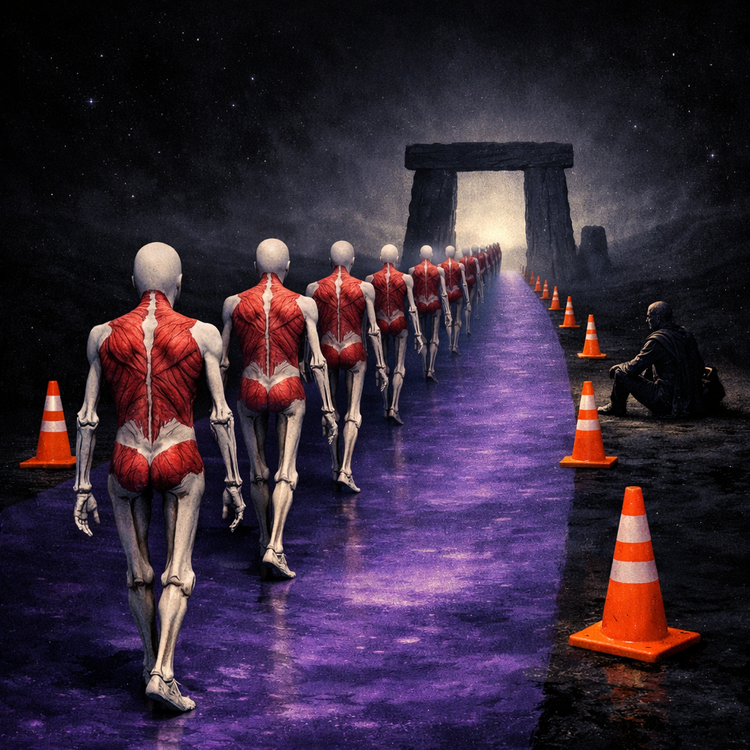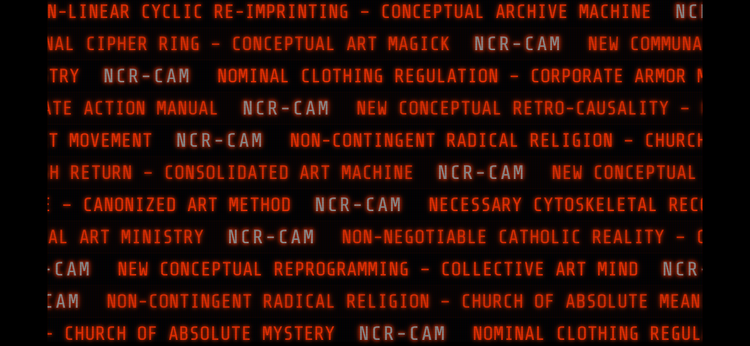The Song Remains The Same

Led Zeppelin's film "The Song Remains the Same," released in 1976, stands as a curious artifact in the band's storied history. The film, which captures the band at the height of their powers during their 1973 Madison Square Garden concerts, was meant to be a definitive document of their live prowess. However, it never achieved the mainstream success that many anticipated.

Backstory and Creation
The origins of "The Song Remains the Same" trace back to Led Zeppelin's desire to immortalize their live performances. The band, already celebrated for their electrifying stage presence, chose to film their three-night stand at Madison Square Garden in July 1973. Directed by Peter Clifton and Joe Massot, the film combined concert footage with fantasy sequences designed to provide deeper insights into the band members' personalities and imaginations.

Production Challenges
The production faced numerous challenges. Initially, Joe Massot was tasked with directing, but due to delays and dissatisfaction with his progress, Peter Clifton was brought in to complete the project. This led to a somewhat disjointed film, as Clifton had to work with the footage Massot had already shot. Additionally, the concert footage required extensive post-production work to synchronize the audio and visual components, adding further delays.
Fantasy Sequences
One of the film's unique aspects is its inclusion of elaborate fantasy sequences for each band member. These sequences, ranging from Robert Plant's Arthurian-inspired adventure to John Bonham's depiction of his love for fast cars, were intended to provide a glimpse into the personal worlds of the band members. However, these segments were met with mixed reactions. While some fans appreciated the insight into the band’s personal lives, others found them self-indulgent and distracting from the concert footage.

Release and Reception
When "The Song Remains the Same" was finally released in 1976, it received a lukewarm reception from both critics and fans. Critics pointed out its uneven pacing and criticized the fantasy sequences as overblown and unnecessary. Fans, on the other hand, were divided; while some cherished the film as a document of Zeppelin's live energy, others were disappointed by the film's inability to capture the raw power of their concerts.
Lack of Mainstream Success
Several factors contributed to the film’s lack of mainstream success. The timing of its release played a significant role. By 1976, the music landscape was shifting, with punk rock emerging and challenging the dominance of rock giants like Led Zeppelin. Additionally, the film's length (over two hours) and its artistic ambitions made it less accessible to casual viewers.
Another critical aspect was the competition from other successful concert films around the same time, such as "The Last Waltz" by The Band and "Woodstock," which had set high standards for the genre. "The Song Remains the Same," with its focus on fantasy sequences and less cohesive narrative, struggled to match the broader appeal of these films.
Legacy
Despite its initial shortcomings, "The Song Remains the Same" has gained a cult following over the years. For many fans, it offers a nostalgic glimpse into a bygone era of rock history and showcases Led Zeppelin at their peak. The film's soundtrack, which includes iconic performances of "Stairway to Heaven," "Whole Lotta Love," and "Dazed and Confused," remains a testament to the band's live virtuosity.

In conclusion, "The Song Remains the Same" is a fascinating, if flawed, snapshot of Led Zeppelin's live prowess and the cultural milieu of the early 1970s. Its lack of mainstream success can be attributed to production challenges, mixed critical reception, and the changing musical landscape of the mid-1970s. Despite this, it endures as a beloved piece of Led Zeppelin's legacy, cherished by fans for its raw energy and ambitious vision.






Member discussion